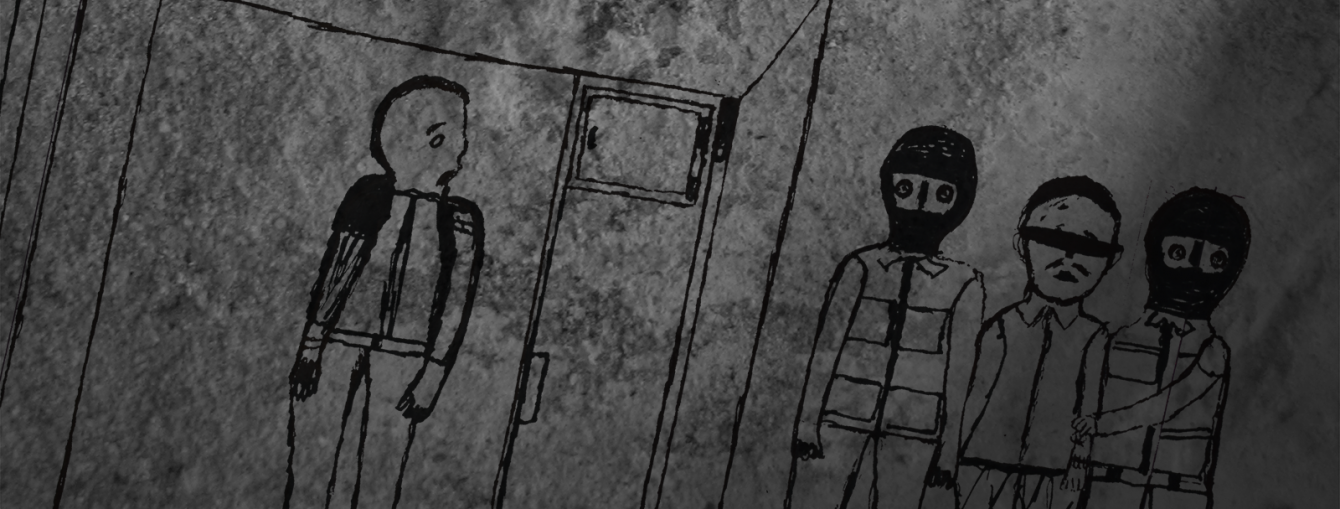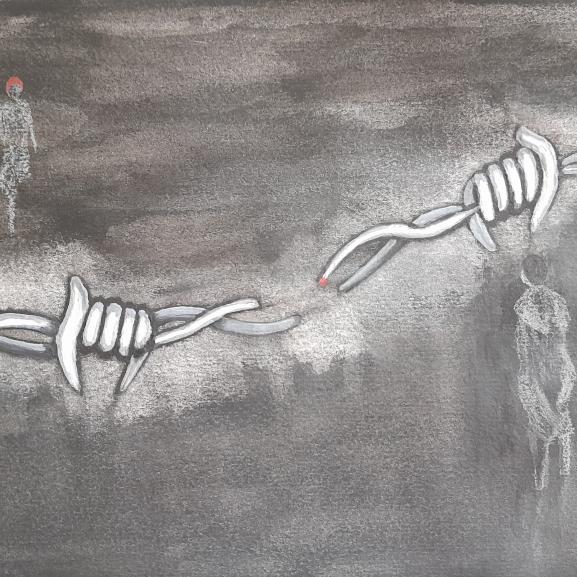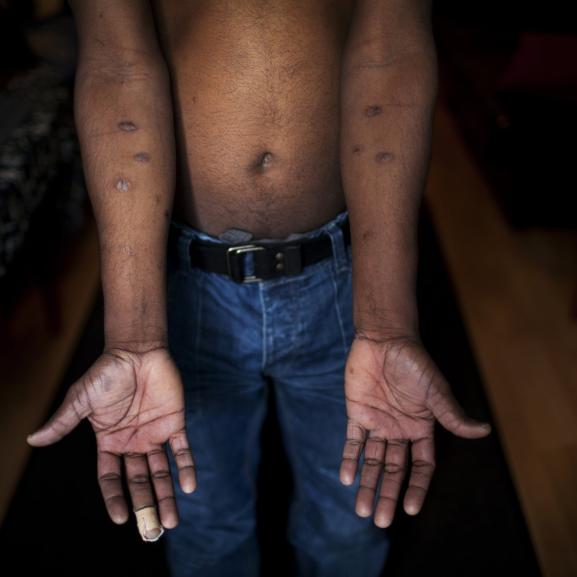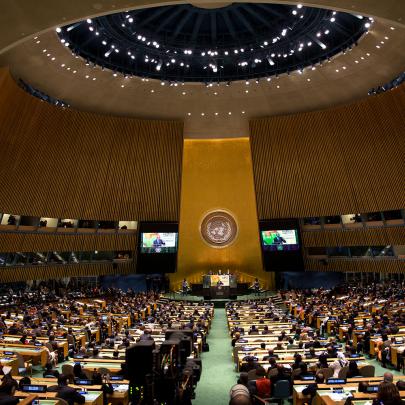Freedom from Torture evidence helps shine a light on Iran's appalling lack of progress on human rights
On 12 March the Human Rights Council in Geneva discussed the devastating report of the late Special Rapporteur for Human Rights in Iran, Asma Jahangir.
Freedom from Torture welcomes her analysis of the current human rights situation in the country, which draws on evidence from our recent report on the use of torture in Iran, Turning a Blind Eye: Why the international community must no longer ignore torture in Iran.
She opens her report with comment on:
"The worrying picture developing in the human rights situation in the Islamic Republic of Iran since the issuance of her last report in August 2017. Despite assurances from the Government, improvements are either not forthcoming or are being implemented very slowly and in piecemeal."
We share this concern, particularly in light of the protests and subsequent crackdown that was reported in late December. The arrests and reports of deaths in custody are reminiscent of the government’s response to the unrest in 2009 and as our report clearly shows many of the people who were detained during those protests have since faced repeated harassment, detention and torture as well as threats against their families.
Iran has been the second highest country of referral for Freedom from Torture for the last 21 years.
The Iran government’s response to the Special Rapporteur’s report lists what on paper appear to be robust checks and balances for claims of mistreatment, conditions in detention and allegations of torture. However, the government fails to acknowledge that these safeguards are not delivering protection for its people. Iran has been the second highest country of referral for Freedom from Torture for the last 21 years.
The government claims that the references to torture in the Special Rapporteur’s report should be deleted and that the constitution bans the use of torture but we know that this constitutional protection is not being effectively upheld. We welcome the government’s inclusion of figures about the number of complaints it has received but urge the authorities to also provide data on how many were upheld, particularly in relation to allegations of torture.
Ann Hannah, Acting Director of Policy and Advocacy said:
"We are pleased to see our evidence on torture in Iran reflected in the Special Rapporteur’s report. The Iranian torture survivors we support tell us that not only did they face horrific mistreatment at the hands of the state but that they live in constant fear of reprisals against their loved ones. The recognition in this report of the use of torture as a significant human rights problem is a tiny step towards supporting survivors and challenging the perpetrators.
We support the recommendations in the report – particularly for prompt investigations by independent bodies – but it is essential that any mechanism has the confidence of survivors otherwise they will fail to be effective and the use of these tactics by the state to silence real or perceived dissent will continue.
We also hope that this report will remind the Council members, many of whom are looking to strengthen economic ties with the government of Iran, that the nature and scale of human rights abuses in the country cannot be ignored. They also have a duty to push for meaningful progress."







